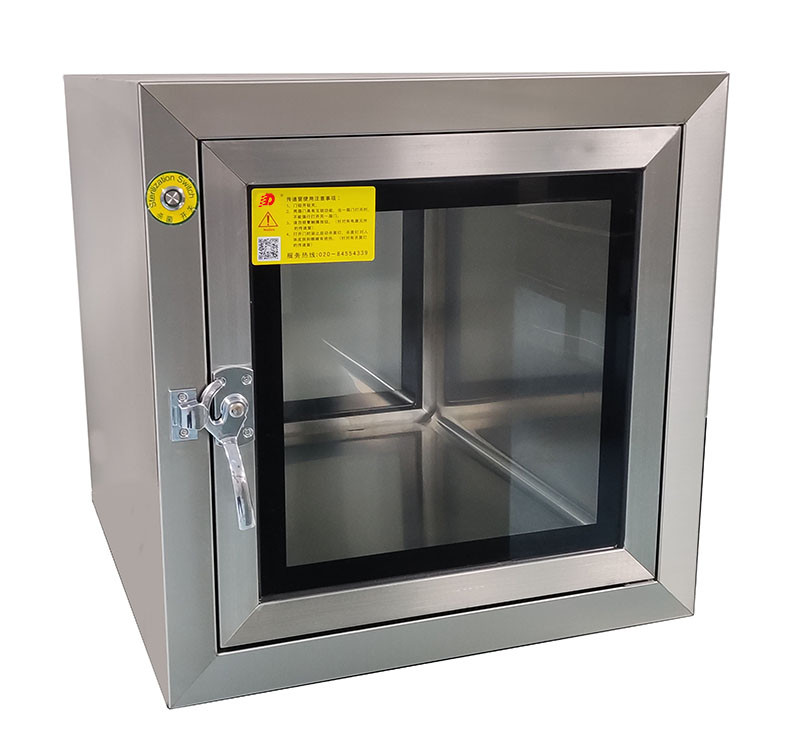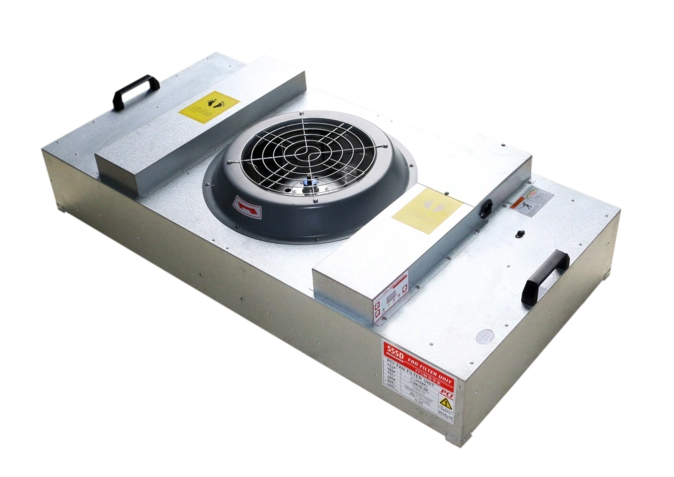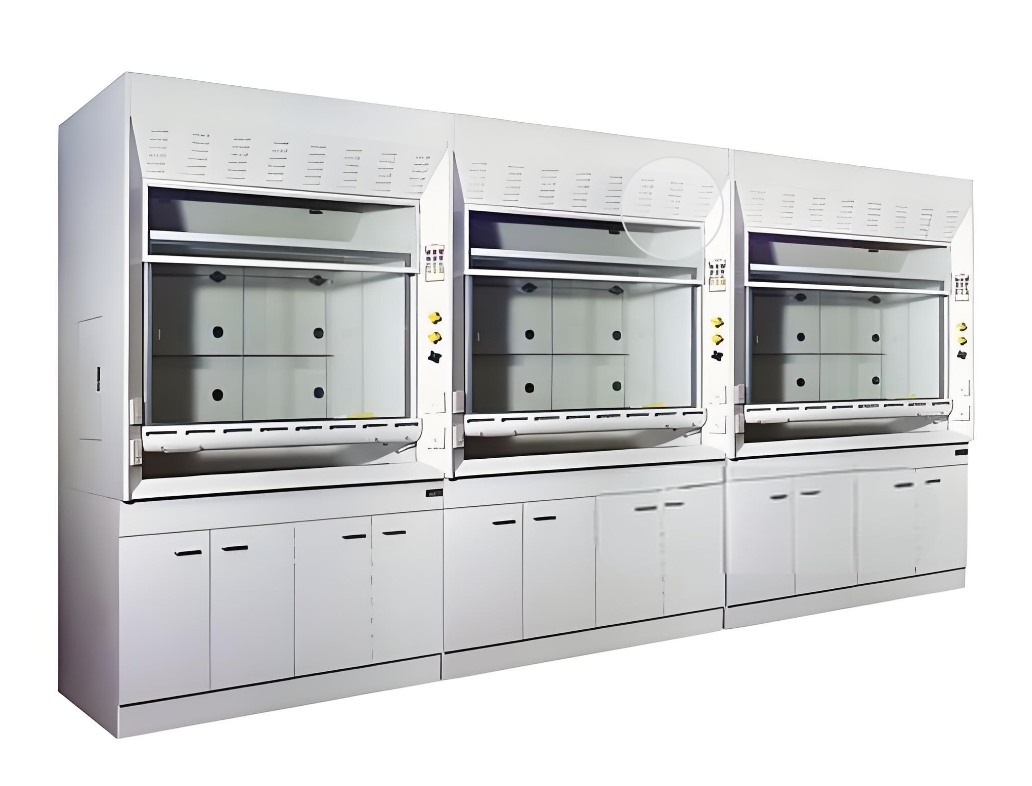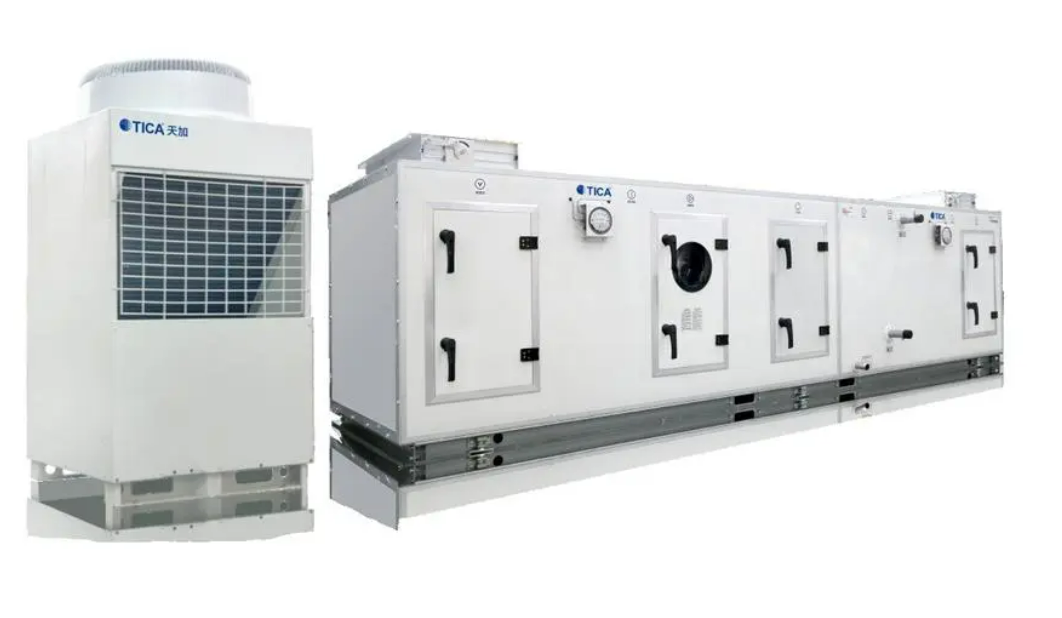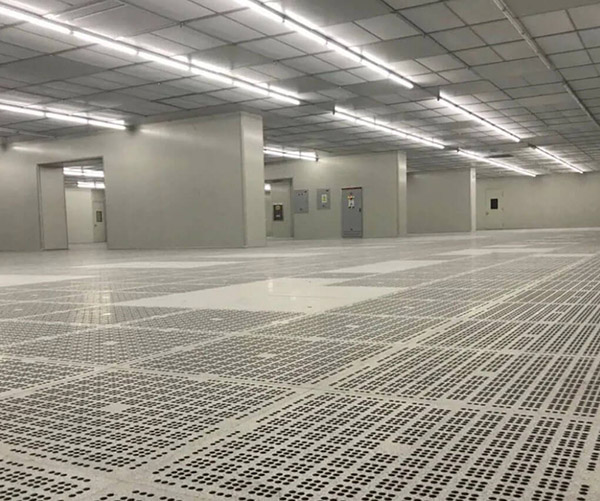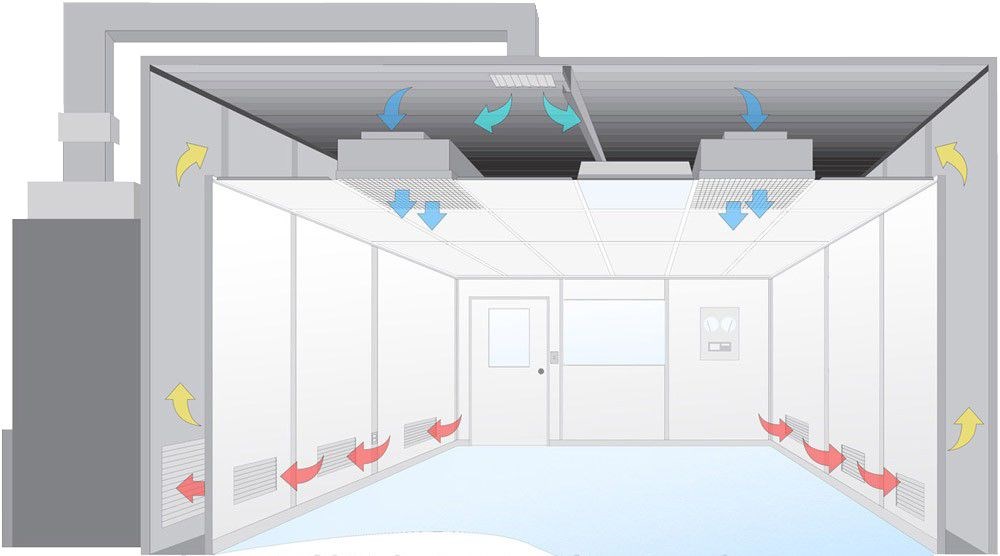What is the Cost of Replacing Air Filters?

1. Understanding Air Filter Replacement Costs
The cost of replacing air filters varies based on several factors, including the type of filter and the size of the HVAC system. Generally, standard HVAC Filters range from $15 to $50 each, while high-efficiency particulate air (hepa) filters can cost between $30 and $100. Understanding these costs is essential for maintaining indoor air quality and the efficiency of HVAC systems.
2. Frequency of Replacement
The frequency of air filter replacement significantly impacts overall costs. For standard filters, replacement every 1 to 3 months is recommended, while hepa filters may last between 6 months to a year, depending on usage.

3. Long-Term Financial Impact
Calculating the long-term financial impact of air filter replacement is crucial. If a standard filter costs $25 and is replaced every 3 months, the annual cost would be approximately $100. In contrast, a HEPA filter replaced once a year at $70 results in a lower yearly expense. Thus, investing in higher-quality filters may lead to cost savings over time.
4. Importance of Compliance with Standards
When selecting air filters, it’s essential to consider compliance with international standards. The ASHRAE Standard 52.2 outlines the testing and classification of air filters based on their efficiency. Filters meeting these standards ensure better air quality and system performance, which can ultimately justify their higher upfront costs.

ASHRAE Standard 52.2: Method of testing air-cleaning devices used in general ventilation for removing particles.
ISO 16890: Air filters for general ventilation, classifying filters based on their particulate matter removal efficiency.
EPA Indoor Air Quality Standards: Guidelines for maintaining healthy indoor air quality through effective filtration.
Why are air filter replacements so expensive?

Quality of Materials
The cost of air filters is often driven by the quality of materials used in their construction. High-efficiency filters utilize advanced technology and materials that can effectively trap pollutants, which increases their production costs.
Brand Reputation
Well-known brands often charge more for their filters due to their established reputation for quality and reliability. Consumers are willing to pay a premium for trusted products that ensure better air quality.
Advanced Filtration Technology
Many modern air filters incorporate advanced filtration technologies, such as HEPA (High-Efficiency Particulate Air) filters, which are designed to capture even the smallest particles. This technology requires more sophisticated manufacturing processes, contributing to higher prices.
Are replacement air filters worth it?

Health Benefits
Investing in quality air filters is worthwhile as they significantly improve indoor air quality. Clean air filters reduce allergens and pollutants, promoting better health for you and your family.
Long-term Savings
While the initial cost may seem high, regularly replacing air filters can lead to long-term savings by improving HVAC efficiency and reducing energy bills.
How do I know if my air filter needs changing?

Visual Inspection
A simple visual inspection can often indicate whether your air filter needs changing. If it appears dirty or clogged, it’s time for a replacement.
Performance Issues
If you notice reduced airflow or increased energy bills, these could be signs that your air filter is not functioning effectively and needs to be replaced.
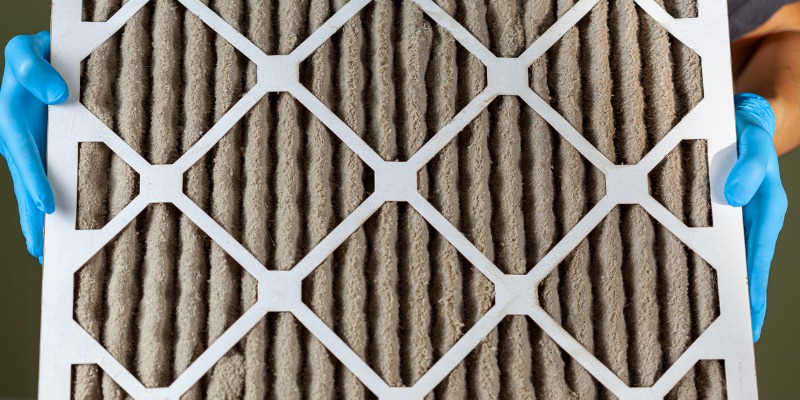
Manufacturer Recommendations
Most Manufacturers provide guidelines on how often to change air filters. Following these recommendations can help maintain optimal performance and air quality.
Indicator Lights
Some modern HVAC systems come equipped with indicator lights that alert you when it’s time to change the air filter, making maintenance easier.
How often should I change my air filter?

1. General Guidelines: Typically, air filters should be changed every 1 to 3 months, depending on usage and the type of filter.
2. Seasonal Changes: During peak seasons, such as summer and winter, you may need to change your filter more frequently due to increased HVAC usage.
3. Home Environment: If you have pets or live in a dusty area, consider changing your air filter every month to maintain good air quality.

4. Filter Type: Different types of filters have varying lifespans. For example, hepa filters may last longer than standard fiberglass filters, so check the specifications.
5. Regular Maintenance: Establishing a regular maintenance schedule for changing air filters can help ensure your HVAC system runs efficiently and prolong its lifespan.
What happens if the air filter is not replaced?

Neglecting to replace your air filter can lead to a range of issues, including reduced airflow, increased energy consumption, and potential damage to your HVAC system. Over time, a clogged filter can cause the system to work harder, leading to higher utility bills and costly repairs.
Health Risks
Failing to change your air filter can also pose health risks, as dirty filters allow allergens and pollutants to circulate in your home, potentially affecting the well-being of you and your family.
 +86 18186671616
+86 18186671616 Jason@cleanroomequips.com
Jason@cleanroomequips.com
 MENU
MENU







